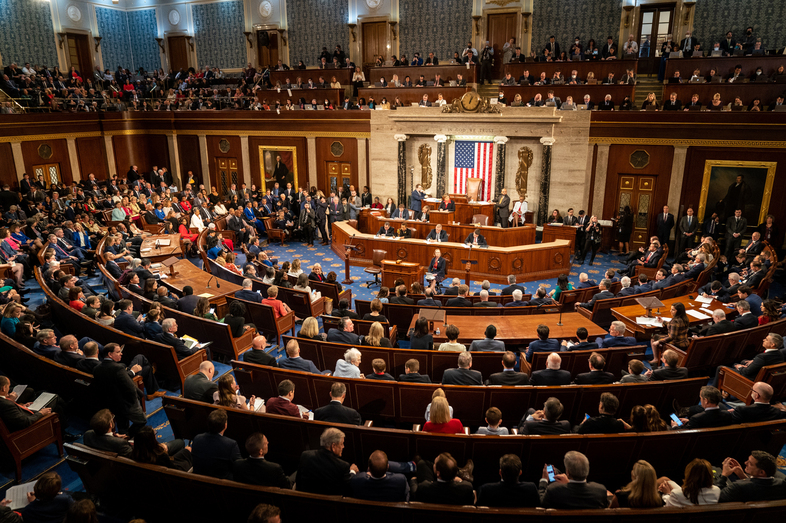Trump And Canada: Decoding The 51st State Rhetoric

Table of Contents
Historical Context: Examining Past US-Canada Relations and Annexation Attempts
The idea of Canada as a part of the United States isn't a recent phenomenon; it's rooted in a complex history of attempted annexations and shifting geopolitical dynamics.
Pre-Confederation Attempts:
- The Aroostook War (1838-1839): A border dispute over the Maine-New Brunswick boundary highlighted simmering tensions and the potential for conflict over territorial claims.
- The Oregon Boundary Dispute (1846): Negotiations over the Oregon Territory demonstrated the challenges of resolving competing claims between the US and Britain, which then controlled much of Canada.
- Various 19th-Century Proposals: Several less formal proposals and discussions throughout the 19th century explored the possibility of annexation, driven by expansionist sentiments in the US.
The Influence of Manifest Destiny:
Manifest Destiny, the 19th-century belief that the United States was destined to expand its dominion across North America, significantly influenced US foreign policy toward Canada.
- Westward Expansion: This ideology fuelled westward expansion and fostered a sense of entitlement to North American territory, including Canadian lands.
- Anglophobia: Anti-British sentiment, intertwined with Manifest Destiny, often fueled desires for annexation, viewing British influence in Canada as an obstacle to American dominance.
- Cultural Superiority: The belief in the inherent superiority of American culture and institutions underpinned many annexationist arguments.
Modern Political Dynamics:
Since the decline of Manifest Destiny, US-Canada relations have evolved, characterized by periods of cooperation and conflict.
- NAFTA/USMCA: The North American Free Trade Agreement (NAFTA) and its successor, the United States-Mexico-Canada Agreement (USMCA), demonstrate significant economic interdependence and cooperation.
- Security Cooperation: The two countries maintain close security ties, including cooperation on border security and defense matters.
- Trade Disputes: However, despite periods of cooperation, trade disputes and disagreements over various issues have persisted, highlighting the complex nature of the relationship.
Political Motivations Behind the "51st State" Rhetoric
Trump's "51st state" rhetoric served multiple political purposes, extending beyond a simple geopolitical aspiration.
Domestic Political Strategy:
The rhetoric strategically resonated with specific segments of his voter base.
- Appealing to Nationalism: The rhetoric tapped into nationalist sentiments, portraying the annexation of Canada as a victory for American power and influence.
- Diverting Attention: It may have served as a diversion from other, more pressing domestic issues.
- Negotiating Leverage: It could have been used as a bargaining chip in trade negotiations, albeit a controversial one.
Economic Interests:
Economic factors, particularly concerning trade and resource access, likely played a role.
- Trade Disputes: The rhetoric could be viewed as a tool to pressure Canada during trade negotiations, leveraging the threat of annexation to secure favorable terms.
- Resource Control: Access to Canadian natural resources, such as oil and timber, could have been a motivating factor.
Distraction Tactics:
The "51st state" narrative may have served as a deliberate distraction from other issues.
- Domestic Scandals: It could have been used to shift public attention away from negative news or controversies affecting the Trump administration.
- Foreign Policy Challenges: The rhetoric might have deflected attention from other complex foreign policy issues.
Economic Implications of a Hypothetical Annexation
The economic ramifications of Canada becoming the 51st state are vast and complex.
Trade Impacts:
Integrating Canada into the US economy would fundamentally alter NAFTA/USMCA.
- Increased Trade: Increased trade would be expected, but the overall economic impact is uncertain, potentially beneficial for some sectors but detrimental to others.
- Regulatory Harmonization: Integrating vastly different regulatory systems would entail significant costs and complexities.
Resource Management:
Shared resources like water and energy would require new management strategies.
- Water Rights: Disputes over water rights, particularly in transboundary river systems, could escalate.
- Energy Resources: Integrating energy grids and managing shared resources like oil and gas would be a significant challenge.
Integration Costs:
The cost of integrating Canada into the US system would be substantial.
- Infrastructure: Significant investments would be needed to upgrade infrastructure, particularly transportation networks.
- Social Programs: Harmonizing social security and healthcare systems would pose a massive logistical and financial challenge.
Unpacking the "51st State" Myth: A Call for Informed Discussion
Trump's "51st state" rhetoric, while provocative, lacks realistic feasibility. This analysis highlights the historical context, political motivations, and significant economic implications associated with this controversial idea. Understanding the 51st state debate requires careful consideration of the complex interplay between historical narratives, political strategies, and economic realities. Analyzing Trump's rhetoric towards Canada reveals a nuanced picture of the bilateral relationship, going beyond simple pronouncements and delving into the underlying power dynamics and strategic calculations. The future of US-Canada relations hinges on continued open dialogue, mutual respect, and a commitment to addressing challenges collaboratively. Let's engage in informed discussions about these crucial issues and work towards strengthening the vital bond between our two nations.

Featured Posts
-
 Je Li Blu Ajvi Naslednica Bijonse Analiza Njenog Nastupa Na Super Bowlu
Apr 30, 2025
Je Li Blu Ajvi Naslednica Bijonse Analiza Njenog Nastupa Na Super Bowlu
Apr 30, 2025 -
 Family Sues San Diego County Jail Over Inmates Alleged Torture And Murder By Cellmate
Apr 30, 2025
Family Sues San Diego County Jail Over Inmates Alleged Torture And Murder By Cellmate
Apr 30, 2025 -
 Trumps First Weeks A Report To Congress
Apr 30, 2025
Trumps First Weeks A Report To Congress
Apr 30, 2025 -
 Channel 4 Announcement Sparks Further Complaints Against Amanda Owen Our Yorkshire Farm
Apr 30, 2025
Channel 4 Announcement Sparks Further Complaints Against Amanda Owen Our Yorkshire Farm
Apr 30, 2025 -
 Live Eurovision 2025 Australian Broadcast Information
Apr 30, 2025
Live Eurovision 2025 Australian Broadcast Information
Apr 30, 2025
